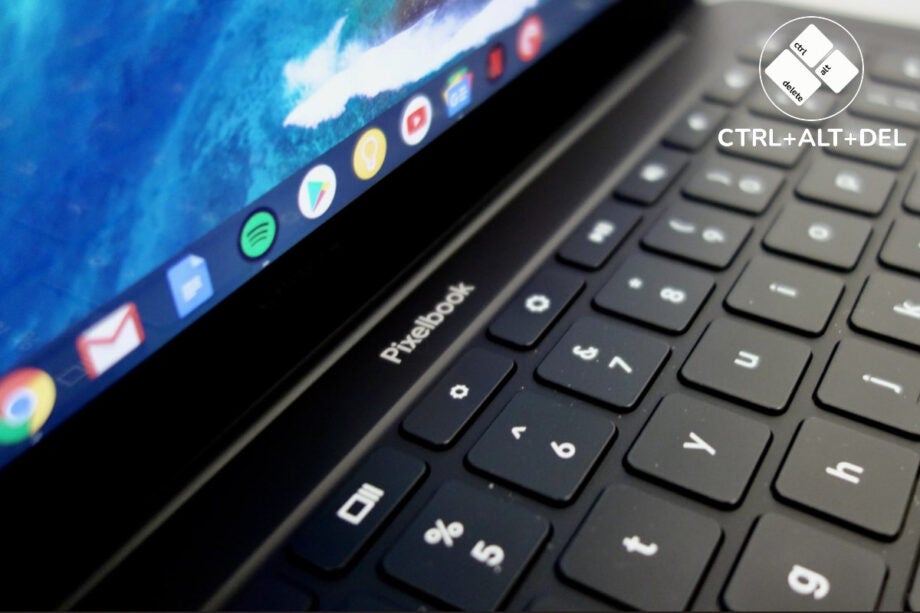Ctrl+Alt+Delete: Google should follow the Pixel Tablet with another huge product refresh

OPINION: Google I/O 2022 has come and gone and it brought with it all manner of tech goodies, many of which left the team at Trusted Towers, myself included, salivating with excitement.
As well as the affordable Pixel 6a smartphone and Pixel Watch wearable we all expected, Google also treated us to a few surprises. These included an early look at a new Pixel Tablet that’s set to arrive next year and some AI glasses that looked outright awesome.
The only downside was that the primary reveal left me with egg on my face, as I had predicted Google wouldn’t unveil a new tablet mere hours before.
While I love the idea of a new Google-made tablet that’ll fully take advantage of the firm’s currently in beta big-screen focussed L-variant of Android – especially if it costs the same as the Nexus 7 which remains one of the best tablets ever made in my mind – for me, there was still one thing missing at I/O this year.
Where is the new Pixelbook?
Specifically, I felt a little sad to see the firm skip over its Pixelbook line of Chromebooks. This isn’t a surprise, Google actually confirmed it wouldn’t launch Pixelbook this year in a press session attended by Trusted Reviews last year. But it’s still a shame in my mind.
Pixelbooks are always among the best Chromebooks on the market. This was true of the first generation Pixelbook and Google’s subsequent Pixel Slate convertible, which both offered the best ChromeOS experience on the market and helped really showcase just how much the firm’s software could do.
I actually used the Pixel Slate as my primary laptop for a good few months, with the low system demands of Chrome OS letting it offer long-haul flight worthy battery life.
The reason I’m sad is that, with everything else Google’s doing, there’s never been a better time to give the Pixelbook a refresh. Take Tensor as an example. This is Google’s first-generation own-brand SoC and It debuted last year on the Pixel 6 and Pixel 6 Pro specifically designed to take advantage of Google’s AI and machine learning prowess.
Based on my experience using the Pixel 6 Pro as my primary smartphone its powers are pretty impressive. The silicon lets the Pixel do things that even half a decade ago would have been considered impossible for a device the 6 Pro’s size. For starters, there’s improved image processing and better developed auto complete suggestions. But more impressive are unique features, like its real-time translation and magic eraser features.
It lets the device auto-translate, and annotate incoming conversations in a variety of different languages. Having used the tech to record interviews I can confirm it works way better than any other similar tool I’ve used and has helped me out of more than one awkward spot where I’ve not known the correct phrase to use while abroad.
Magic eraser is a camera tool that lets you remove photobombers or unwanted elements from photos after they’ve been taken in a couple of clicks. Again, based on my experience it works excellently and has saved more than a few holiday snaps over the past 6 months.
Imagine having these features integrated into a Pixelbook? As a journalist, it’s obvious I’d like to have a laptop that can auto transcribe and notate conversations or presentations. But I can see the same being true for a variety of different people, like students or personal assistants.
Tensor’s AI editing smarts would also be a great addition to a desktop photo editing package, especially if paired with an active stylus, like the one seen on the Pixelbook and Slate.
It’s because of this untapped potential I can’t help but feel Google missed an opportunity here and should follow the Pixel Tablet with another huge product refresh.








